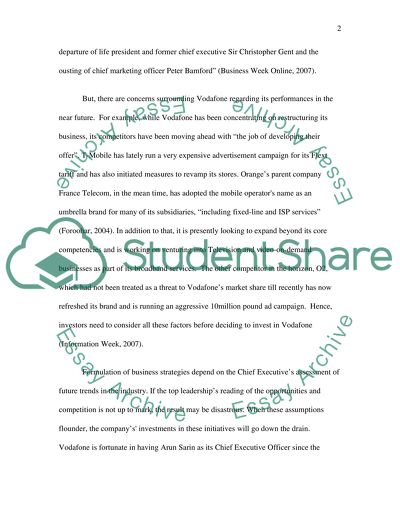Cite this document
(“Introduction to Business Essay Example | Topics and Well Written Essays - 2500 words”, n.d.)
Introduction to Business Essay Example | Topics and Well Written Essays - 2500 words. Retrieved from https://studentshare.org/miscellaneous/1544176-introduction-to-business
Introduction to Business Essay Example | Topics and Well Written Essays - 2500 words. Retrieved from https://studentshare.org/miscellaneous/1544176-introduction-to-business
(Introduction to Business Essay Example | Topics and Well Written Essays - 2500 Words)
Introduction to Business Essay Example | Topics and Well Written Essays - 2500 Words. https://studentshare.org/miscellaneous/1544176-introduction-to-business.
Introduction to Business Essay Example | Topics and Well Written Essays - 2500 Words. https://studentshare.org/miscellaneous/1544176-introduction-to-business.
“Introduction to Business Essay Example | Topics and Well Written Essays - 2500 Words”, n.d. https://studentshare.org/miscellaneous/1544176-introduction-to-business.


